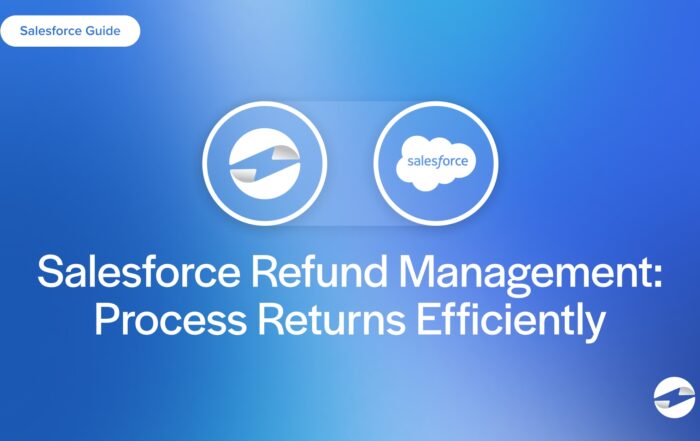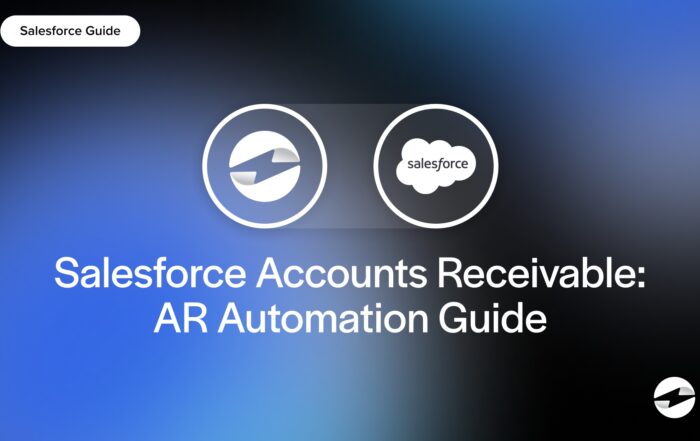What is accrual basis accounting?
Accrual basis accounting is an accounting method that records income and expenses when they happen, not when the money changes hands. This gives businesses a clearer picture of their financial health by matching revenue with related expenses in the same period.
Key Points
- Accrual accounting matches revenue and expenses – Revenue and expenses are recorded when they happen, not just when cash moves, giving a clearer financial picture.
- Improved financial insights & GAAP compliance – Helps businesses see true profitability and meet reporting rules many companies have to follow.
- Improved financial insights & GAAP compliance – Adjustments like prepaid expenses and unpaid revenue make reports more accurate and useful.
How does accrual-based accounting work?
One of the main takeaways of Accrual accounting is that this method records revenue when it’s earned, even if the payment hasn’t arrived yet. The same goes for expenses. Expenses are recognized when they’re incurred, not when the bill is paid. The accrual basis accounting method recognize expenses when they’re incurred.
Let’s say you finish a project in December but don’t receive payment until January. Even though the money hasn’t come in yet, you’d still record the revenue in December because that’s when the work was completed. This way your financial records accurately reflect the income you earned, even if the cash hasn’t arrived yet.
What are the advantages of accrual-based accounting?
Accrual-based accounting comes with many advantages and is currently considered the standard method of accounting.
- More Accurate Financial Reporting: Since revenue and expenses are matched to the right period, financials look more authentic.
- Better Planning & Decision Making: You can track profits better and make smarter decisions.
- GAAP Compliance: Public companies and many larger businesses are required to use accrual accounting under Generally Accepted Accounting Principles (GAAP).
Choosing not to follow the GAAP can have some serious consequences for businesses. If a company isn’t following GAAP, it can catch the attention of regulators like the Securities and Exchange Commission (SEC) which could result in fines, penalties, or even criminal charges in severe cases, especially if it’s a case of fraud or intentionally misleading financial reports.
Do you remember WorldCom? They were one of the largest telecommunications companies in the early 2000s. Unfortunately, they were found to have carried out one of the largest accounting frauds in U.S. history. WorldCom’s scandal involved manipulating accounting practices in a way that wasn’t aligned with accrual accounting. Instead of recognizing expenses and revenues when they occurred, they spread out costs over multiple years and recorded revenue too early. WorldCom’s actions violated the accrual accounting principle of recording assets when they occur and misled investors. This resulted in significant legal and financial consequences.
Types of accruals
Accrual accounting includes different types of adjustments in order to keep financials as accurate as possible. Here are the four main types:
1. Deferred revenue
This happens when a business gets paid before delivering a product or service. Since the work isn’t done yet, the money is recorded as a liability. Think of subscription services—if you charge an annual fee upfront, you recognize the revenue over time as the service is provided.
2. Accrued revenue
Accrued revenue is money you’ve earned but haven’t been paid for yet. For example, if you finish a project in December but don’t get paid until January, the revenue is still recorded in December, when the work was done.
3. Prepaid expenses
These are payments made in advance for things like rent or insurance. Instead of recording the full amount at once, the cost is spread out over time. If you pay for a year of insurance upfront, you record a portion of the expense each month.
4. Accrued expenses
Accrued expenses are expenses you owe but haven’t paid yet, like wages, utilities or loan interest. If employees work in December but aren’t paid until January, the expense is still recorded in December to match when the work was done.
The different types of accruals help keep your finances in check under all kinds of situations, making it easier to see where your money is coming from and where it’s going.
Cash basis vs. accrual basis: what’s the difference?
The main difference between cash and accrual accounting is timing. Cash basis accounting records income and expenses only when money changes hands, it’s simple and easy to manage. Accrual basis accounting records transactions when they occur, regardless of when the payment is made.
| Feature | Cash Basis Accounting | Accrual Basis Accounting |
|---|---|---|
| Revenue Recognition | When cash is received | When revenue is earned |
| Expense Recognition | When cash is paid | When expenses are incurred |
| Financial Accuracy | Simple but less precise | More accurate reflection of business activity |
| GAAP Compliance | Not compliant | Required for many businesses |
While cash accounting works for small businesses with simple finances, accrual accounting gives a more accurate picture of your financial health, especially for growing businesses or those following GAAP standards. Small businesses with simple finances can stick with cash accounting because it’s easy, but for the most part larger businesses or those looking for better financial insights prefer accrual accounting.
You May Also Like
Read More
Read More
Read More



